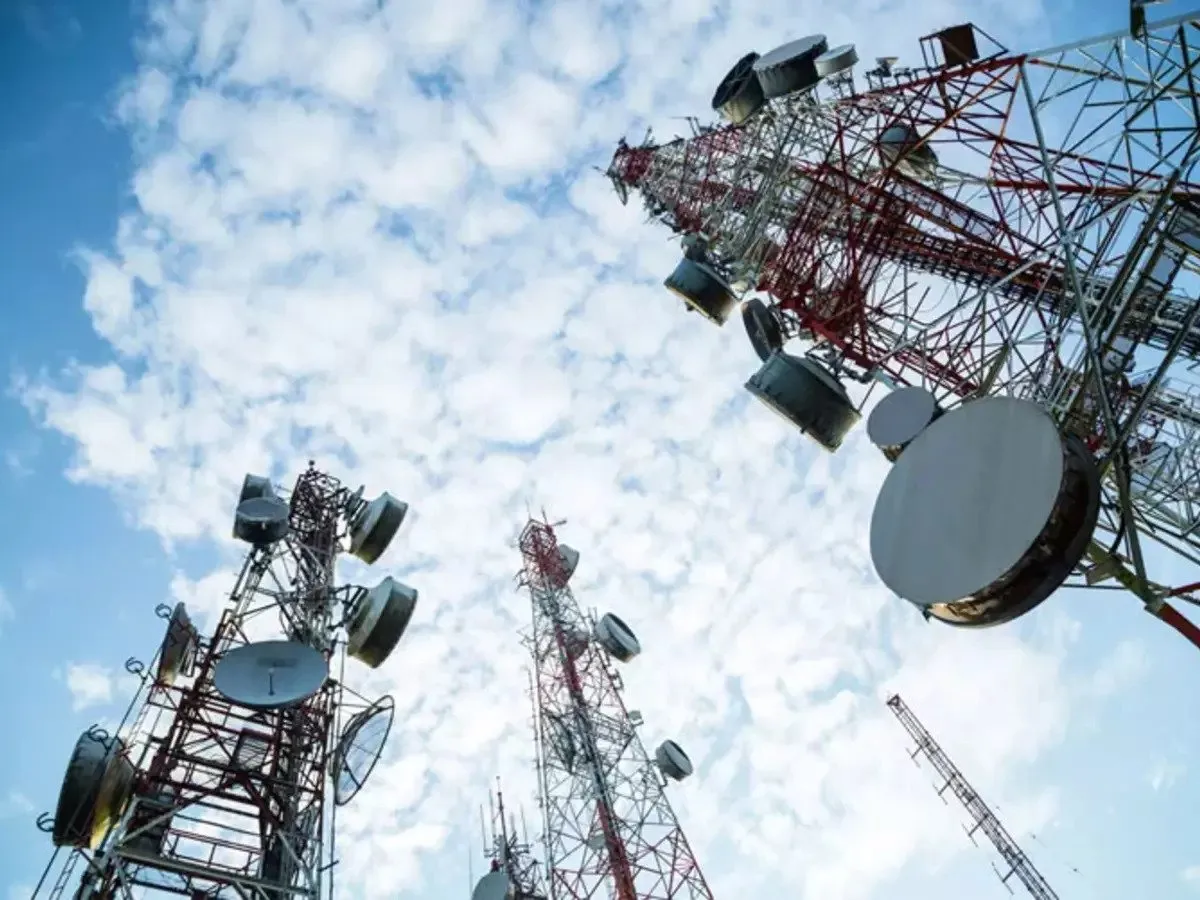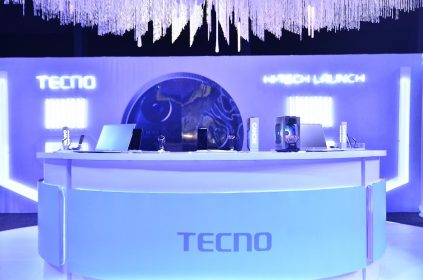
The West African nation of Ghana has unveiled an ambitious national plan to drastically upgrade and expand its telecommunications infrastructure over the next three years. The bold initiative aims to increase 4G mobile broadband penetration from a paltry 15% currently all the way to 80% nationwide by 2027.
To achieve this dramatic boost in 4G coverage and capacity, the Ghanaian government will oversee the establishment of a staggering 4,400 new 4G and 5G telecommunications sites across the country. These next-generation cell sites will be erected in both urban areas and underserved rural communities.
Despite Ghana launching 4G mobile services way back in 2015, nearly a decade ago, the cutting-edge technology has seen disappointingly slow adoption rates. The overwhelming majority of Ghanaians are still confined to using 3G networks with limited data speeds and capabilities.
The lynchpin of the massive infrastructure overhaul is the newly-formed Next-Generation Infrastructure Company (NGIC), a shared public-private partnership. The NGIC has been granted a 10-year operating license by Ghanaian authorities to build out and manage the nation’s 5G wireless networks.
ALSO READ: Kenyan E-commerce Firm Copia Global Shuts Down, Lays Off Remaining Workforce
Ownership of the NGIC is divided between major African telecoms Ascend Digital Solutions Ltd and K-NET, which control a combined 55% stake, while the Ghanaian government retains a 10% share. The remaining 35% is held by domestic mobile operators and private investment funds.
Ghanaian Communications Minister emphasized that achieving universal access to high-speed broadband is vitally important for Ghana to fully digitize its economy by the year 2030, a key national development goal.
In a parallel move in May 2024, the Ghanaian government inked an agreement with Indian conglomerate Reliance Industries, to collaborate on deploying affordable 5G mobile services nationwide leveraging the NGIC’s infrastructure by late 2024.
However, this public-private partnership has drawn criticism from the opposition National Democratic Congress party. They allege that pursuing a more open, competitive bidding process could have generated greater revenues for state coffers rather than the current exclusive arrangement.
Ghanaian policymakers defend the shared neutral host model and the decision to avoid conventional spectrum auctions. They argue this unique approach is necessary to incentivize expansion of next-generation connectivity into rural and remote regions which are typically overlooked by telecoms due to lower anticipated returns on investment.
As of the third quarter of 2023, Ghana had approximately 22.29 million mobile internet subscribers, translating to a mobile broadband penetration rate of 69.1% according to the National Communications Authority’s data. However, the quality and speeds of these mobile data connections vary greatly.
The government’s grand vision aims to not only increase access to mobile broadband, but to provide Ghanaians with high-bandwidth 4G and 5G services that enable data-hungry applications like streaming high-definition video, cloud computing, Internet of Things ecosystems and advanced technologies like virtual reality. Achieving this level of connectivity is positioned as a key economic priority.


















 and then
and then